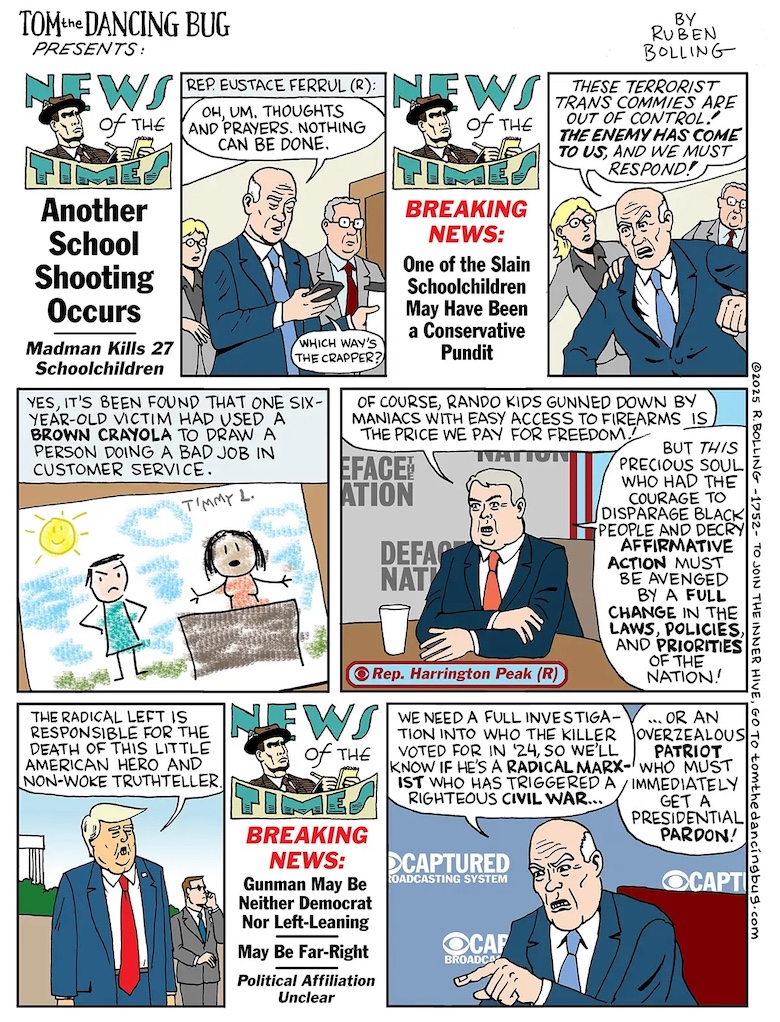That people should be able to request medical assistance in dying peacefully if they face a long and painful death due to illness or chronic pain is something that many people can sympathize with it. But implementing such a program in practice can create problems for the family and the medical professionals involved. Canada legalized the practice following a supreme court decision in 2015 and has seen a rapid rise in what are called MAID (Medical Assistance in Dying) deaths. The August 11, 2025 issue of The Atlantic magazine has an article by Elaina Plott Calabro titled Canada is Killing Itself that takes a very deep dive into this ethically challenging area.
When Canada’s Parliament in 2016 legalized the practice of euthanasia—Medical Assistance in Dying, or MAID, as it’s formally called—it launched an open-ended medical experiment. One day, administering a lethal injection to a patient was against the law; the next, it was as legitimate as a tonsillectomy, but often with less of a wait. MAID now accounts for about one in 20 deaths in Canada—more than Alzheimer’s and diabetes combined—surpassing countries where assisted dying has been legal for far longer.
…The new law approved medical assistance in dying for adults who had a “grievous and irremediable medical condition” causing them “intolerable suffering,” and who faced a “reasonably foreseeable” natural death. To qualify, patients needed two clinicians to sign off on their application, and the law required a 10-day “reflection period” before the procedure could take place.

